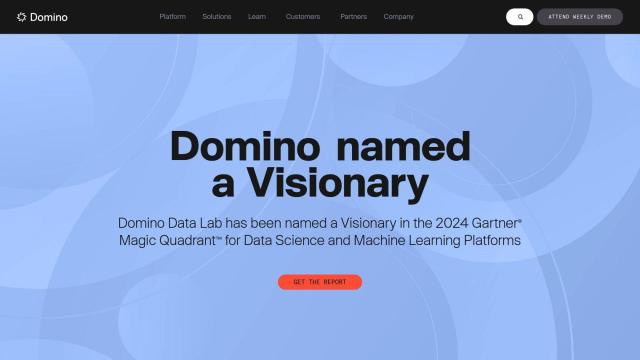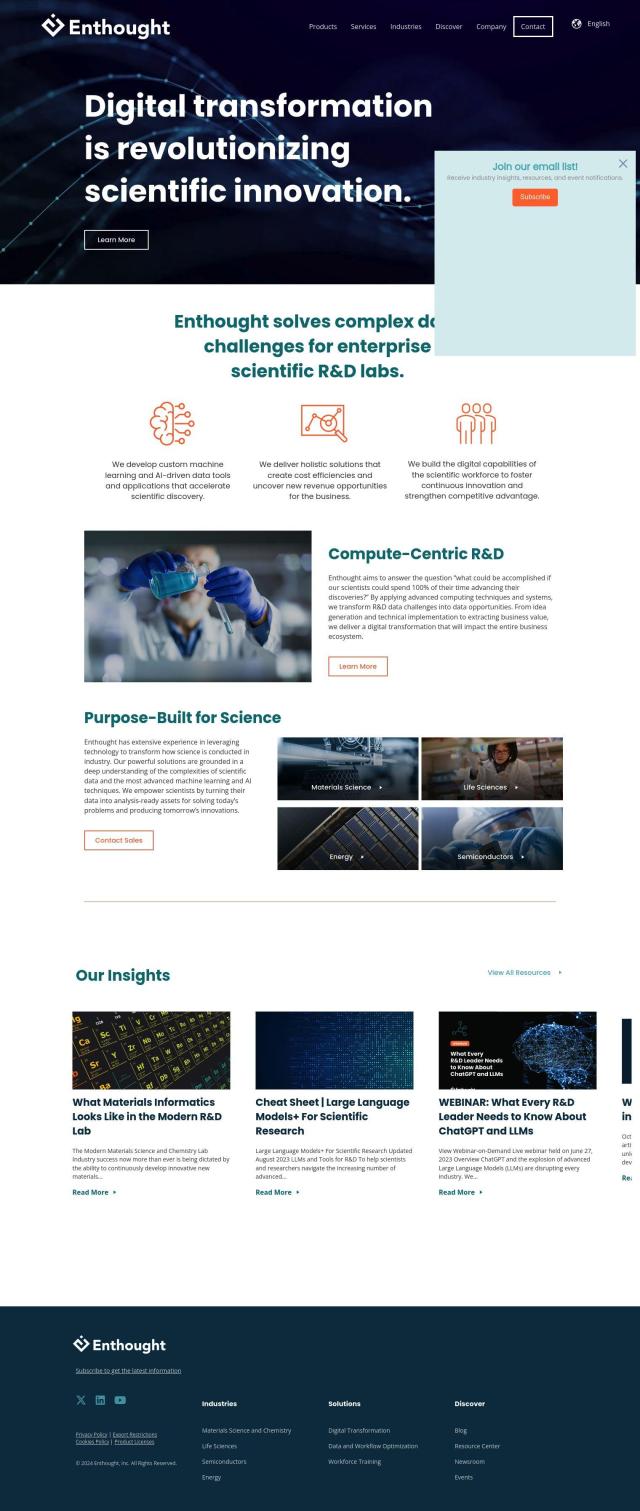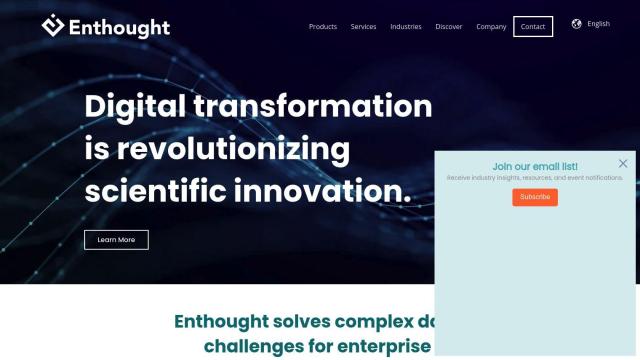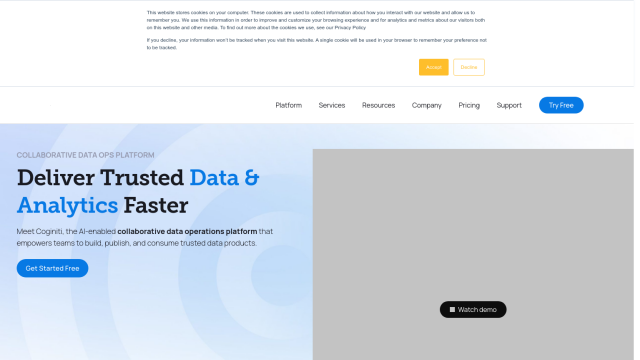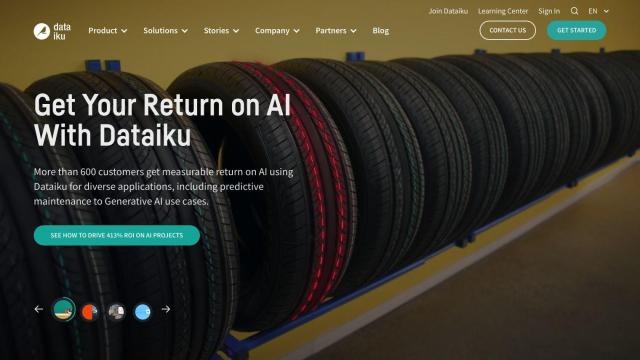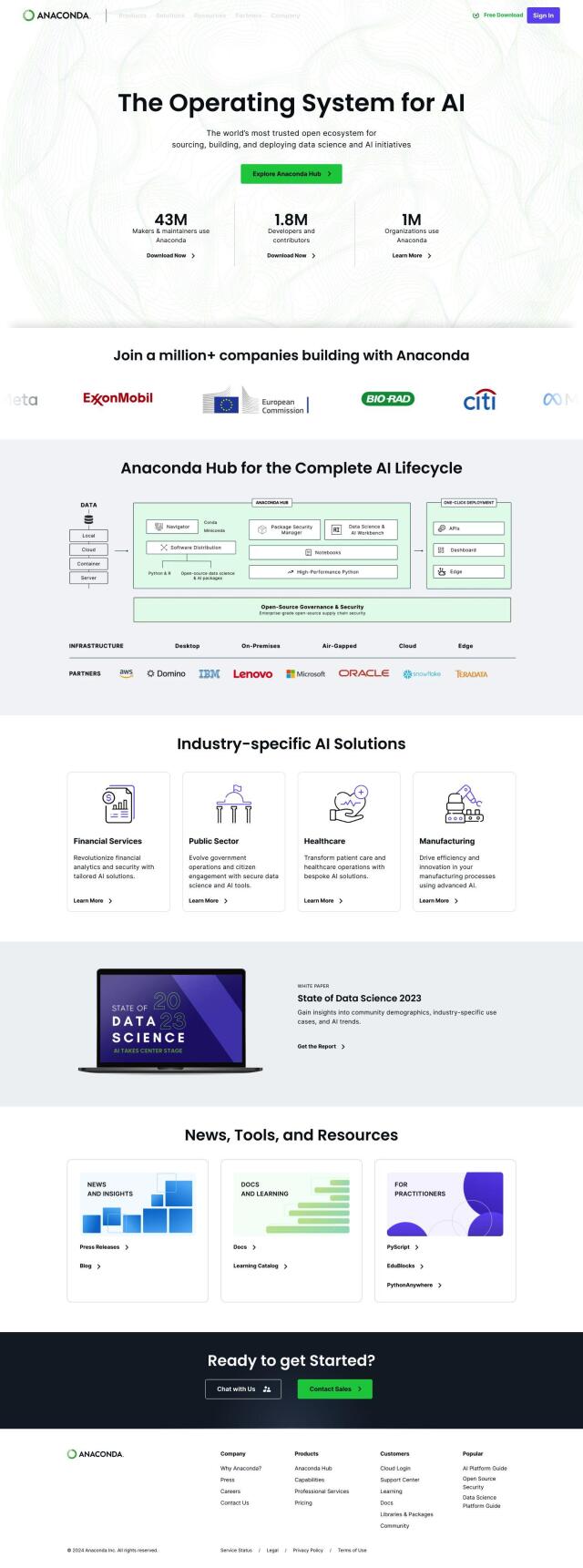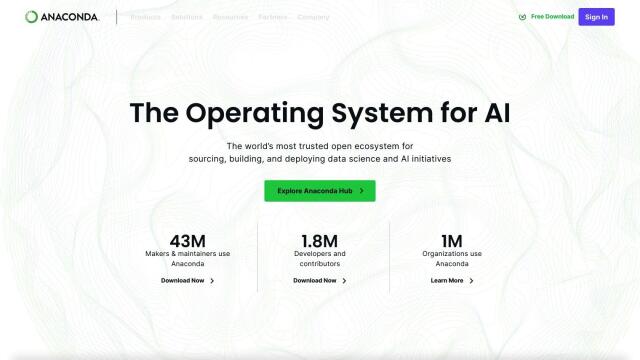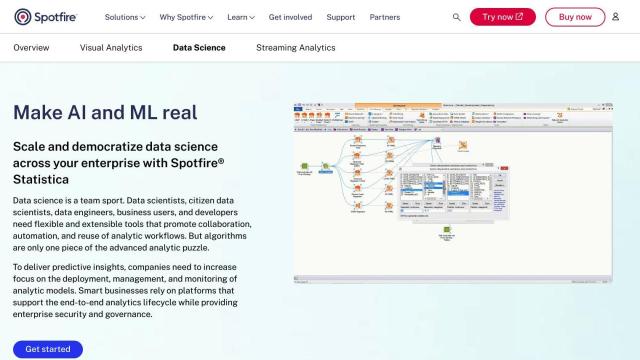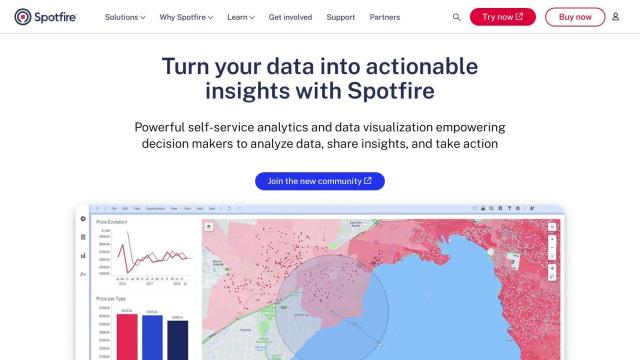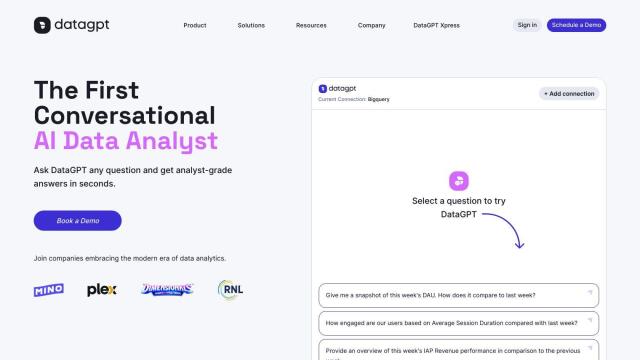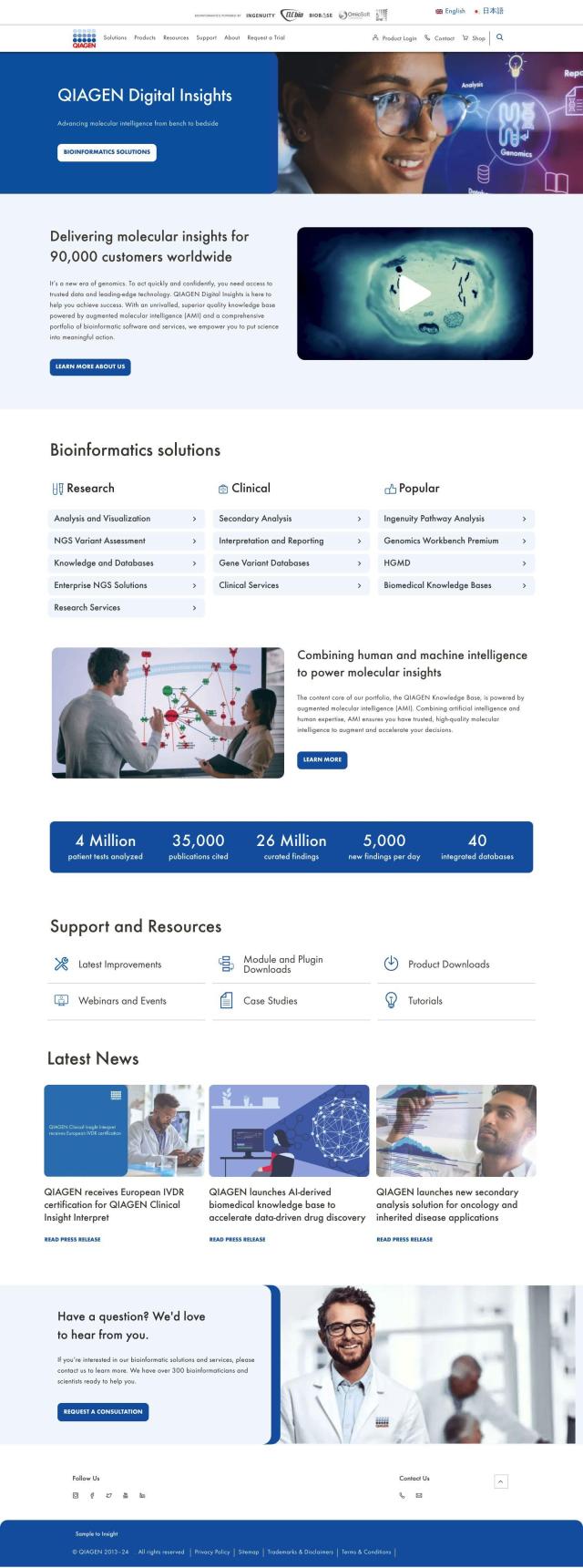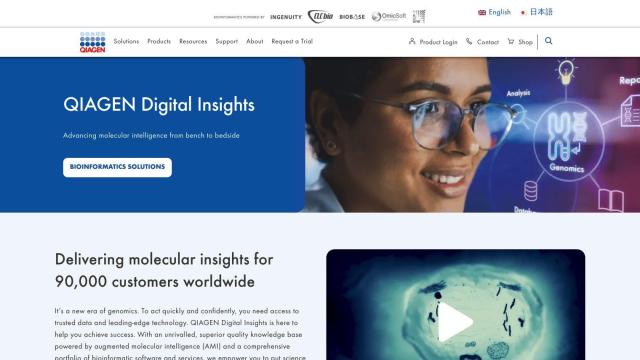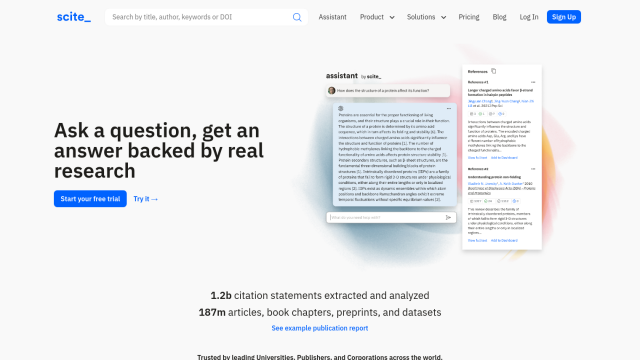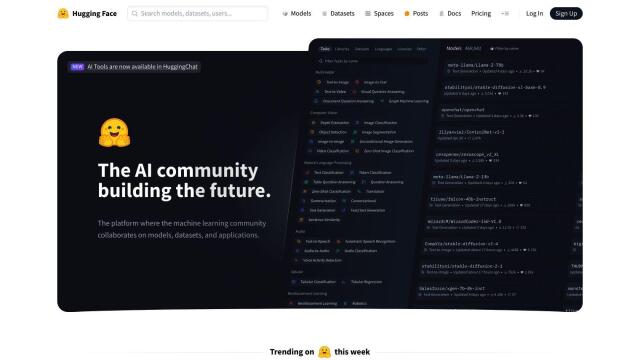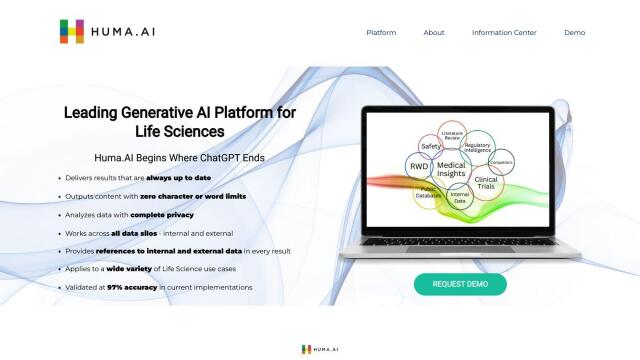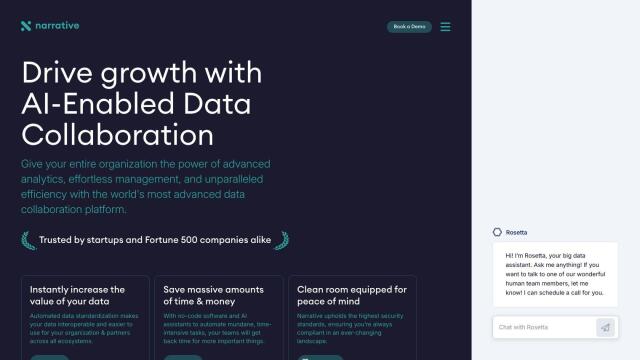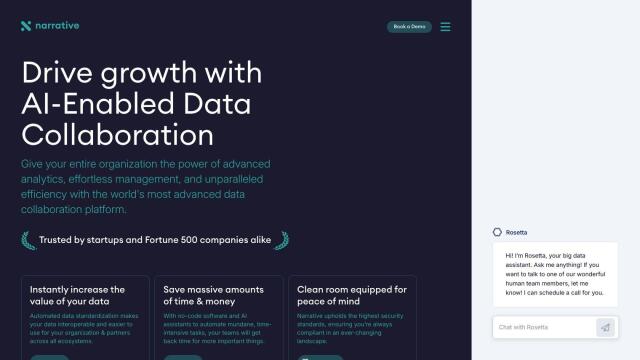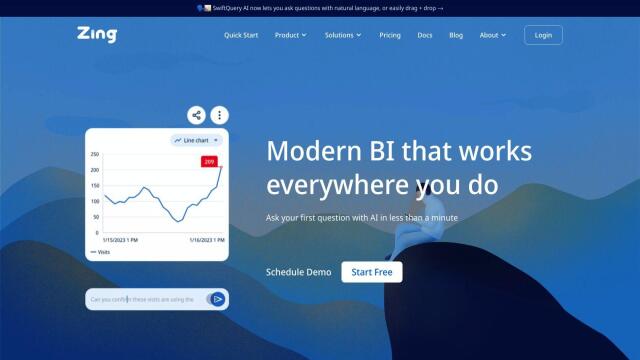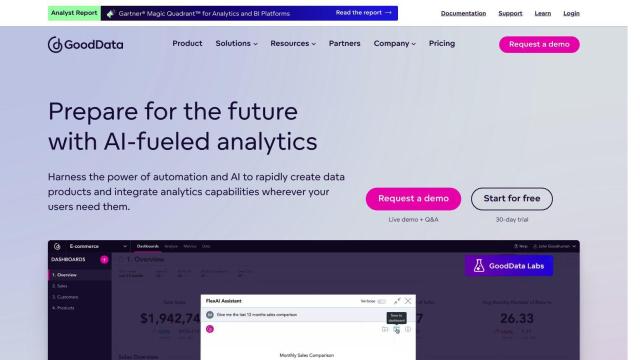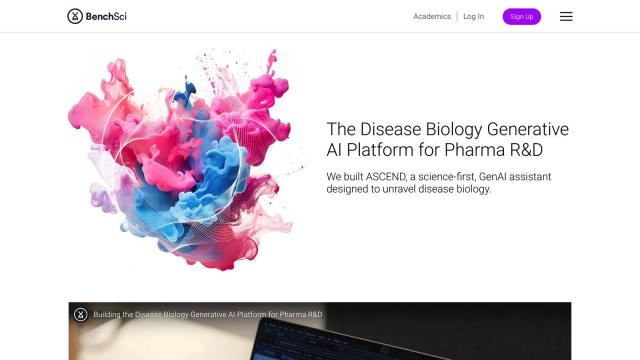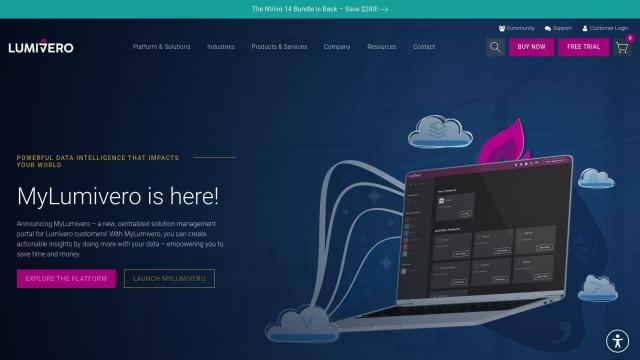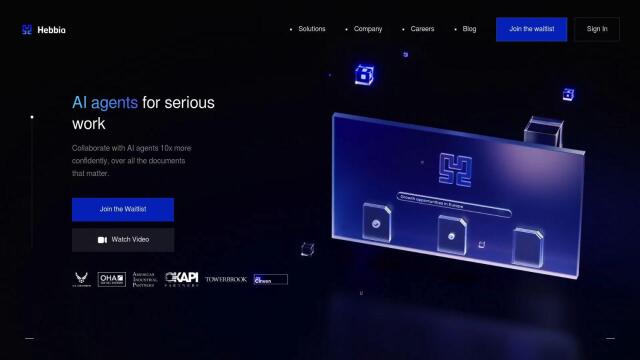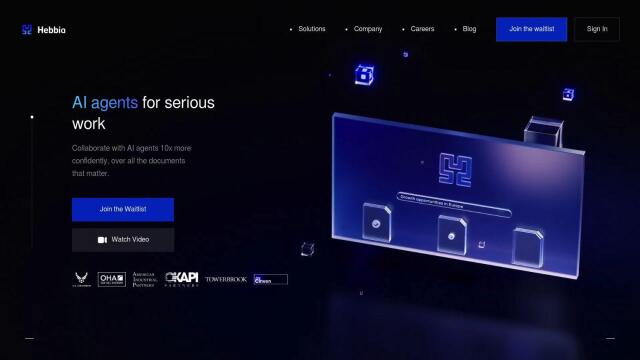Question: Is there a software that allows for collaborative scientific data analysis and enables researchers to turn data into actionable insights?

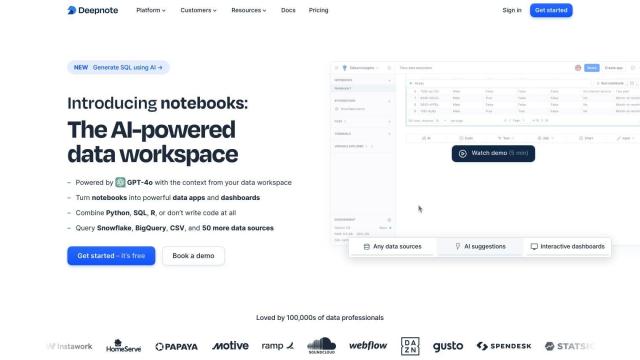
Deepnote
If you need collaborative scientific data analysis software, Deepnote is a strong contender. It's a collaborative data workspace that lets you use Python, SQL and no-code tools to explore, analyze and share data. It's got features like AI-assisted code completion, interactive visualizations and real-time commenting that are geared for teams that need to work on sensitive data. Deepnote also has role-based access control, single sign-on and compliance with standards like HIPAA and SOC 2.

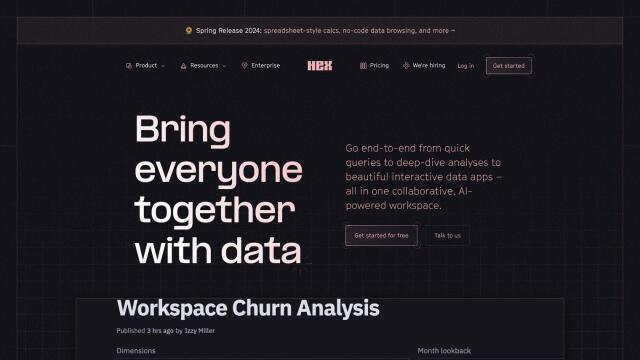
Hex
Another strong contender is Hex, an AI-augmented collaborative workspace for data teams. Hex has features like data exploration on modular canvases, AI-assisted query generation and interactive reporting. It can link to common data warehouses and databases and has strong security controls, including SOC2 and HIPAA compliance. Hex is available in several pricing tiers, including a free community version and an enterprise version with custom pricing.

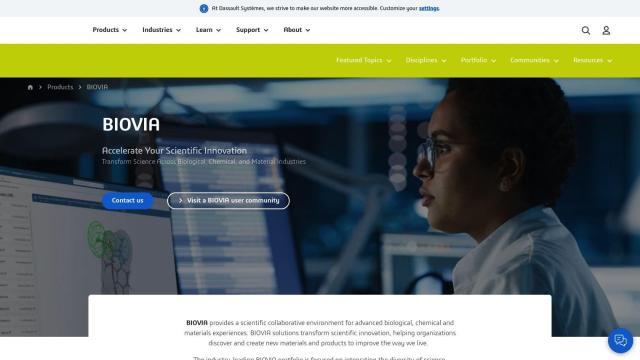
BIOVIA
If you want a more complete platform, check out BIOVIA. BIOVIA is a scientific collaborative environment that spans multiple domains, including biosciences and materials science. It includes tools like BIOVIA Discovery Studio and BIOVIA Materials Studio, and has a unified data model and cloud-native deployment. That makes it a good fit for teams that need to optimize lab productivity and compliance while turning scientific data into insights.

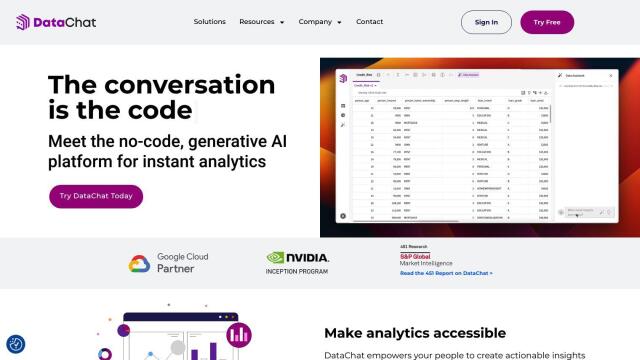
DataChat
Last, DataChat offers a no-code, generative AI platform for turning complex data into insights. Its interface is modeled after familiar spreadsheet and chat software so people of all technical levels can analyze data without writing code. DataChat automates data prep, exploration and modeling, so it's good for data scientists, analysts and business users who need to make fast data-driven decisions.

